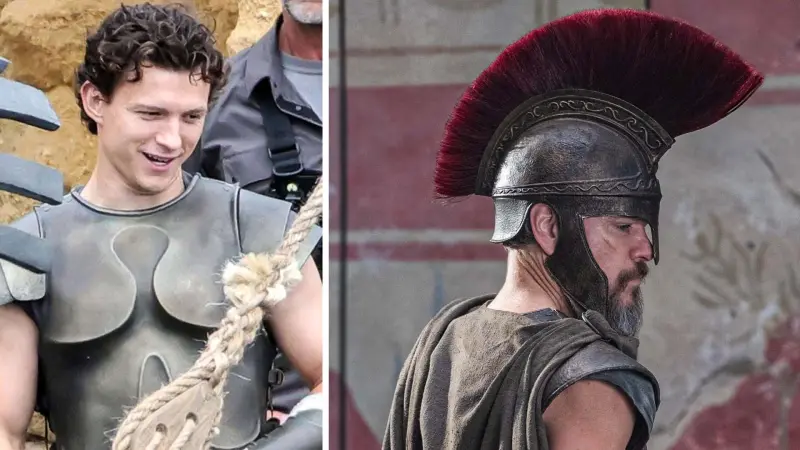Two silver coins discovered in a housing development have been connected to a trove of Roman artifacts discovered in 1973.
The first denarii dates to AD196-8, the reign of Marcus Aurelius Severus Antoninus Augustus, known as Caracalla
A pre-construction archaeological dig in Scole, Norfolk, uncovered the stash of 46 coins.
A metal detector was loaned to a beginner acquaintance by a detectorist who lives on the estate and has been searching for more coins for years. He immediately found two denarii.
Helen Geake, an archaeologist, said: "We never know when more could be found."
The findings liaison officer for Norfolk, Dr. Geake, stated: "The detectorist had searched all his neighbour's gardens but never found a thing. He told a friend, who joked, 'I bet you I could', swept a garden and found the denarius."
The second one is from the reign of Caesar Marcus Aurelius Antoninus Augustus, known as Elagabalus, and dated to AD218-22
Seven denarii were discovered in 1973, and because three of them were discovered close together, they were deemed to be a hoard.
Although Scole was next to a Roman road and was known to contain a Roman-British hamlet, archaeologists were only able to explore a small portion of the site.
Dr. Geake stated: "In those days, excavations were done in negotiation with the developer. Today, the developer would pay archaeologists to do the whole lot, but back then it was public money and only a small amount was found."
Helen Geake urged the estate's residents to report any Roman coins found in the decades since it was built
The two most recent discovery, which the finder and landowner donated to the museum, will be added to the trove, which is already a part of the collection at Norwich Castle.
Roman coins are occasionally discovered in the estate's gardens, according to Dr. Geake, who urged visitors to report any such finds.
"You can tell something about the site just from the coins, it's importance and what sort of activities are happening," she remarked. "If we find too far too many, then it's more likely to be a temple site as they would throw coins for good luck."
Norfolk Coroner's Court determined the coins to be treasure.









